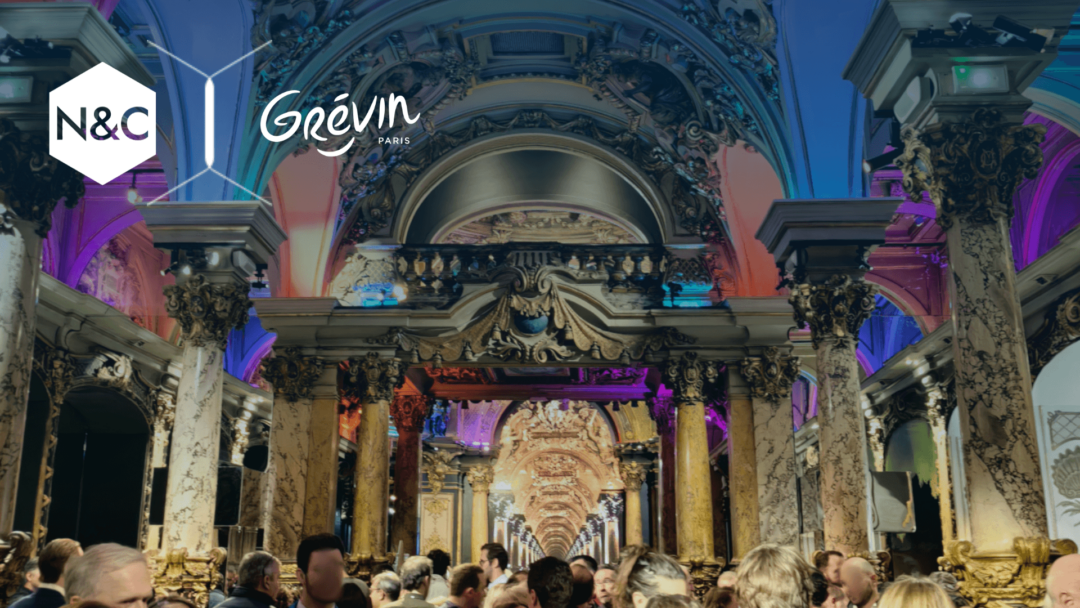Two articles have recently come to support this observation.
First, on the Olympics with for example the article of Emilie Defay from France Bleue Paris. We learn that 14 months after the Olympics, nearly 7 million tickets have already been sold (70% of the stock). 4 million tickets at less than 50 euros, and 1 million at less than 24 euros (according to the committee).
But a wave of protests has risen. Some complain that the prices are too expensive, others are upset about the lack of availability. The organizing committee defends itself well by advancing rightly the few figures quoted above.
On a unique event like this, frustration is inevitable: put high prices, the public grumbles. Set low prices, they go so fast that a tiny fraction of potential customers takes advantage of them, generating frustration for everyone else (1 million tickets sold in 36 hours).
One solution, however, could be to spread out the marketing of low prices, giving the sense that a wider booking window increases the stock of tickets, with several opportunities for the consumer to slip into one of the sales slots. Media exposure on reasonable prices would have been wider. Frustration would have been diluted over a longer period of time and the peak of protest probably less violent.
The same applies to the 10,000 tickets for 1 euro on Ouigo. « The SNCF operation raises anger and disappointment » according to the editorial staff of Le Figaro voyage. Servers overloaded, stock running out during navigation, lack of availability. And again: a wave of protests, heated tweets…
Here, the context is different. Trains run every day, the event is not a one-off like the Olympics. And the purpose of this operation is not the same.
For the Olympics, a large part of the tickets are sold at a much lower price than what could be charged in order to maintain a certain mix in the sports venues. And to keep the party popular. The very high prices will ensure the economic balance, as Revenue Managers know how to do. On Ouigo, the operation is more of a recruitment mechanism. By identifying trains/dates that are not in high demand, the objective is to fill the gaps by giving new customers the opportunity to test the product and develop a taste for it. With the risk, of course, that opportunists who already know the product will blend in.
And it’s a double hit for Ouigo’s marketing teams: a successful acquisition operation in a context of low demand. And the feeling that the product is being snapped up like hotcakes, quickly exhausted, a victim of its own success. It’s a good idea to create frustration with a product that is basically suffering from a lack of demand. This can be considered as a bad buzz, but a buzz that conveys, if you think about it, a certain idea that the product is good: Ouigo, everyone wants to go there…
These pricing mechanisms with meagre introductory prices are more marketing practices than good pricing levers. But they still have their value.
Keywords: Price, Olympic Games 2024, Revenue Managers, Ouigo, pricing levers,


